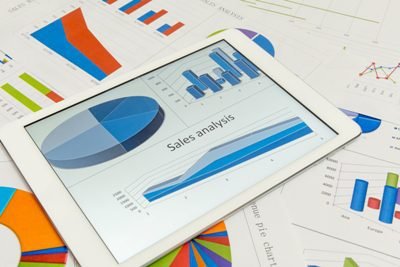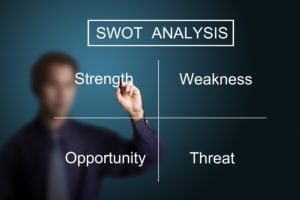5 Ways How Technology Is Changing Financial Modelling and Forecasting
For many decades, financial system modeling was based on the same traditional business models with very little innovation and integration. Later, the experts started to realize that when technology is combined with finance, it can make the financial market more efficient and highly accurate. Indeed, this has started to change the world of finance opening doors to versatility and quicker computations.
It has proven to be a revolutionary step for the companies as well. With our CIBOP program offered by Imarticus, you can have the opportunity to learn more about the money market and understand the impact of evolving technology on financial systems.
- Increased Efficiency
Technologies such as big data, the cloud, and robotics are contributing to greater agility and efficiency of the financial function, since their application reduces the time dedicated to traditional processes, increasing productivity. It also cuts the time spent on reporting, allowing a greater focus on analysis, decision-making, and risk management, creating value for the organization, as well as representing a change in the company and having an impact on people.
- Fraud Detection
Since money is involved in financial markets at a global level, this sector is prone to fraud and cyberattacks. Frauds or fraudulent activities can have adverse effects on businesses. Thankfully, with Artificial Narrow Intelligence (ANI), it is now possible to detect data patterns and prevent fraud. Any abnormal behavior in online transactions can be precisely detected by modern Artificial Intelligence and Machine Learning techniques, which can help save loads of money on debugging the problem in other traditional ways instead.
- Sound Decision Making
Modern Artificial Intelligence algorithms can help in modeling risk management scenarios, thus making sure that rational decisions are taken most of the time. Finance requires a very delicate task of sound judgment, which surely cannot be left unnoticed and ignored. Even a single bad decision might result in losing millions of dollars on the money market. But thanks to advancements in Artificial Intelligence and Machine Learning algorithms, proper decision-making is ensured, leaving the system more reliable than ever before.
- Blockchain Transaction Enhancement
With the beginning of the era of blockchain technology, advancements in financial modelling have taken a big leap. When coupled with an Artificial Intelligence algorithm, blockchain technology blends more easily in the market, causing huge benefits. While on one hand blockchain technology enhances transparency and builds safe transactions amongst peers, Artificial Intelligence, on the other hand, can further improve system security.
- Automation of Tasks
Automation in technology can help to avoid many repetitive and tedious tasks. Many software packages are available which can display loads of information and data with just a click of a button, thus avoiding long waiting hours for results. So instead of spending time creating the tasks, the investment banker or any other financial professional can focus more on evaluating the results and their correct interpretation.
Conclusion
After having understood the various ways in which technology is changing financial modelling systems, it is clear that big data and finance are going to be synchronous. Be it Artificial Intelligence, decision-making processes, blockchain, or automation of systems, technology plays a crucial role in deciphering information correctly and quickly. But there is some downside involved as well.
Inaccurate or improper use of these technologies can disrupt the system completely. It is necessary to make sure that these technologies are developed and maintained by experts and professionals who can



 A lot of institutions offer a solid
A lot of institutions offer a solid  Another important skill analysts should have is to be able to put the correct value to each aspect of a merger. They need to determine as precisely as possible the appropriate premiums needed for acquisition.
Another important skill analysts should have is to be able to put the correct value to each aspect of a merger. They need to determine as precisely as possible the appropriate premiums needed for acquisition.